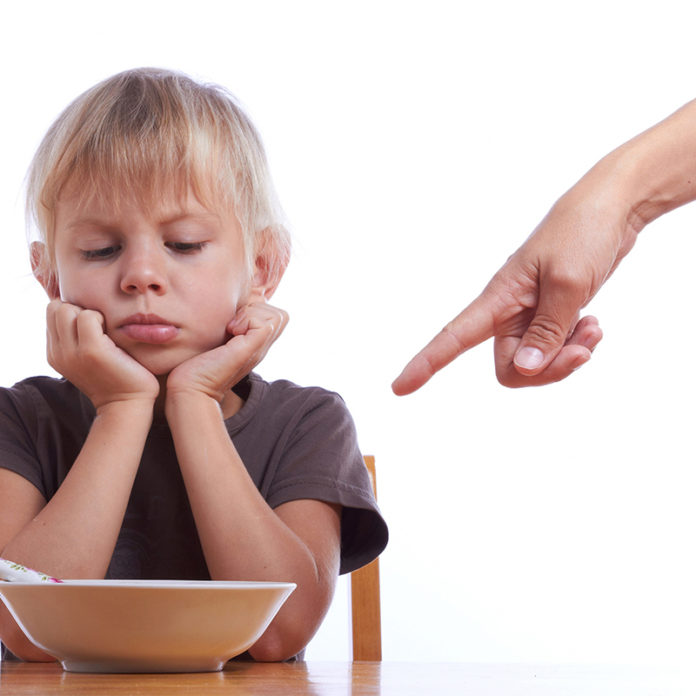
Got a picky eater at home? You’re not alone. Selective eating – especially among young children – is a common problem that many families find themselves faced with. However, while some parents see this dilemma as an ordinary childhood phase, it may actually reveal deeper issues surrounding a child’s mental state.
According to a new study by Duke Medicine, moderate and severe picky eating often coincides with various psychological issues.
“The question for many parents and physicians is: when is picky eating truly a problem?” says lead author Nancy Zucker, Ph.D., director of the Duke Center for Eating Disorders. “The children we’re talking about are not just misbehaving kids who refuse to eat their broccoli.”
The report suggests that more than 20 per cent of children aged two to six are selective eaters, 18 per cent of which are categorized as moderately picky. Another three per cent of children were classified as severely selective, meaning that they were so restrictive in their diets that it limited their ability to eat with others.
The study found that both moderate and severe selective eating were associated with significantly elevated symptoms of depression, social anxiety and generalized anxiety. Although children with moderate picky eating did not show an increased likelihood of formal psychiatric diagnoses, children with severe selective eating were more than twice as likely to also have a diagnosis of depression.
If your child is a difficult eater, consider contacting your family physician. Doing so may allow you to better identify their future risk for developing a mental disorder and help them to get the treatment they need.











